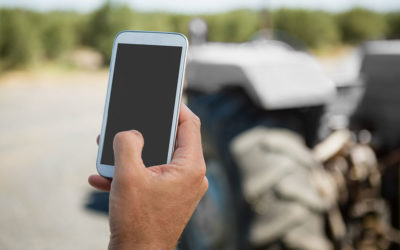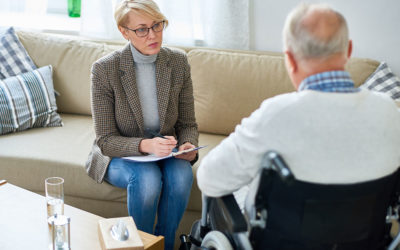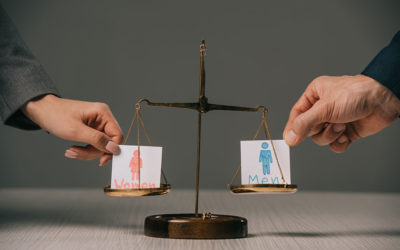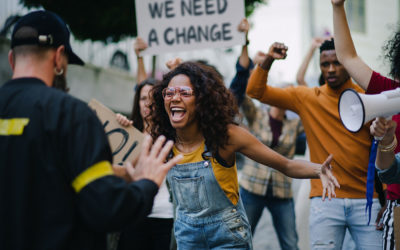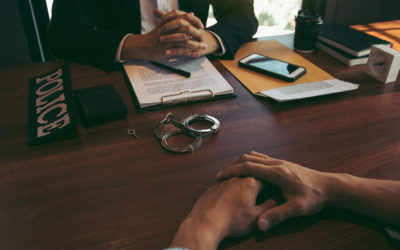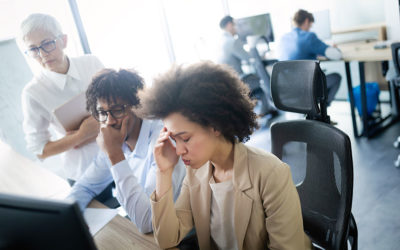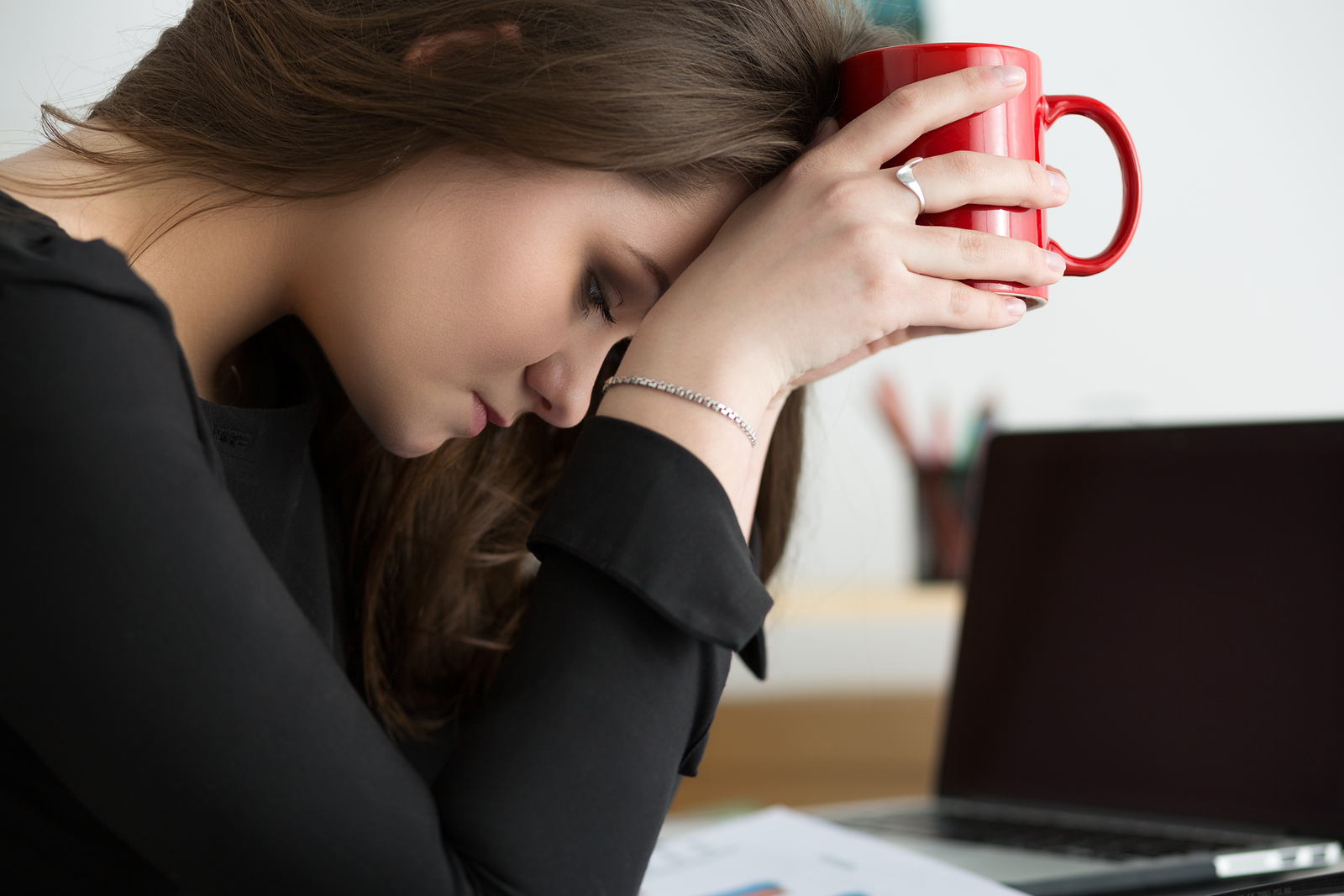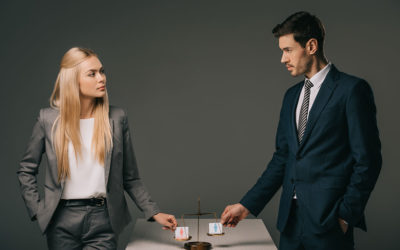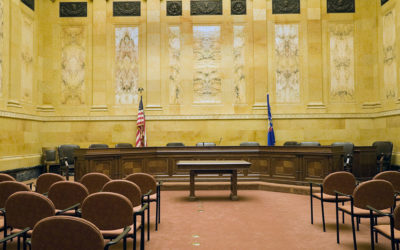Civil Rights Litigation Blog
Record the police and protect your rights
If you are ever in a situation with the law, take the opportunity to respectfully record the police and protect your civil rights.
Anti-discrimination and the laws that protect you
Regardless of whether you are a member of a protected class or not, it’s important to understand the anti-discrimination laws and how they have changed over the years.
How to spot workplace discrimination
Discrimination can take many forms but there are certain behaviors and situations that you should keep an eye out for as red flags that might be indicative of discrimination.
What are your civil liberties and civil rights?
What are your civil liberties and civil rights and why do we need to keep fighting for them?
Know your rights when questioned by the police
It’s important to know what your civil rights are when being questioned by the police.
Speaking up about workplace discrimination
If you ever feel you are being discriminated against at your job, it’s important to speak to someone as soon as possible.
Socail media, free speech, and employee rights
If you were terminated because of a social media post or other content, you may want to contact a Colorado civil rights attorney as soon as possible.
When is recording conversations legal in Colorado?
Never be afraid to pull out your phone and start recording conversations or situations if you think something illegal is happening or about to happen.
Equal pay for equal work is a law in Colorado
Aside from requiring employers to give their female employees equal pay, the act also gives employees additional rights with regards to their compensation.
You have a right to your personnel files
While there is no federal law requiring employers to give employees access to personnel files, Colorado does have a law that affords you a right to obtain your personnel file.
Where and how do I gather evidence for my civil rights case?
Learn about how to gather evidence for your civil rights case, including which agencies to contact and what evidence you need.
How long does a civil rights case take?
If you have a civil rights case and are ready to work with an attorney to move forward, it’s important to be aware of how long that can take.


